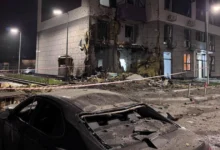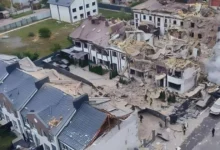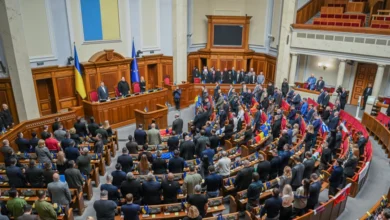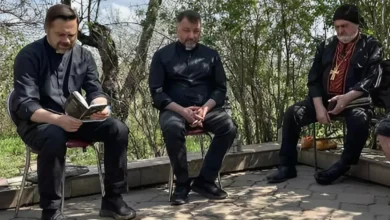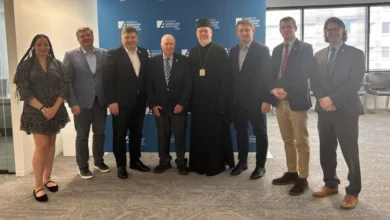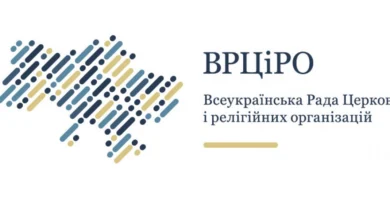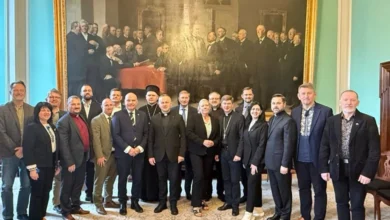The UCRO condemned the latest Russian attacks on Kyiv, Zaporizhzhia, and other cities: “Russia is a terrorist state.”
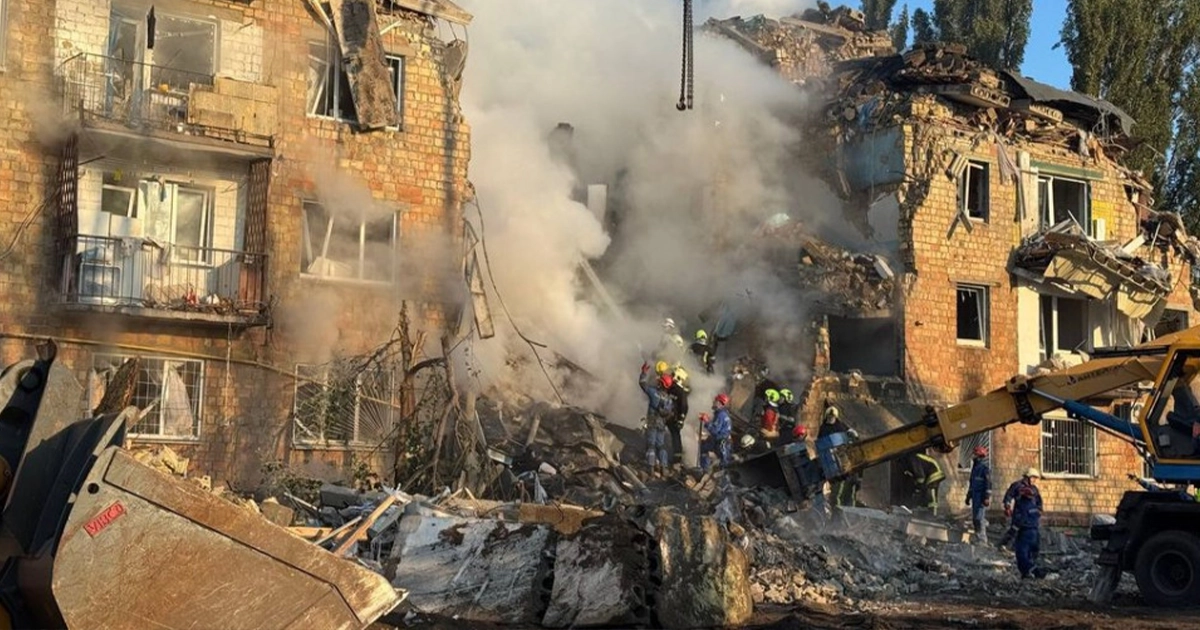
The All-Ukrainian Council of Churches and Religious Organizations issued a statement in connection with Russia’s massive nighttime strikes on Kyiv, Zaporizhzhia, and a number of other Ukrainian cities on the night of August 27-28.
Source: UCRO
Terrorist attacks against civilians
The UCRO emphasized that as a result of the rocket and drone strikes, civilians, including children, were killed and wounded. Residential buildings and civilian infrastructure, including a kindergarten, were destroyed and damaged. Hundreds of Ukrainians lost their homes, and thousands experienced a night of horror due to the terrorist attacks.
“The dictatorial Russian regime has once again demonstrated its misanthropic nature and criminal genocidal policy,” the statement said.
Strong condemnation and warning to the world
The All-Ukrainian Council of Churches strongly condemned the crimes of the Russian Federation and emphasized that such actions confirm that Russia is a terrorist state. Any assistance or cooperation with the aggressor, the Council noted, is tantamount to supporting murderers and criminals and entails moral responsibility.
“The money earned from business with the Russian Federation is now stained with the blood of innocently killed people, and this blood cries out to Heaven for just revenge,” the authors of the statement emphasized.
Condolences and call to prayer
The Council expressed its sincere condolences to the families of the victims and called for prayers for those affected. At the same time, it thanked all religious leaders, believers of various denominations, and people of good will around the world for their continued support of the Ukrainian people, their prayers for an end to Russian aggression, and for a just and lasting peace.
The statement was signed in Kyiv on August 28, 2025.

